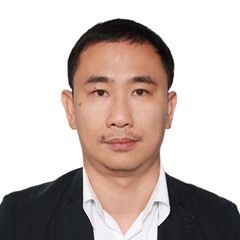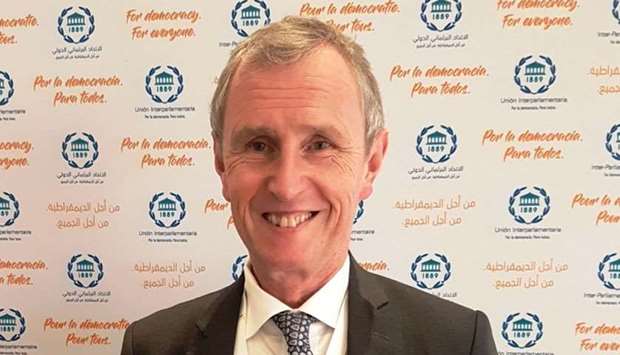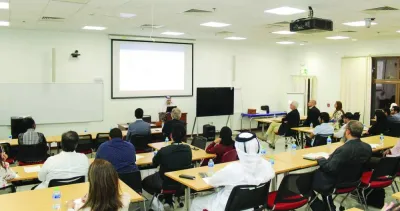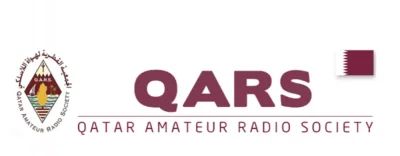The countries blockading Qatar – Saudi Arabia, the UAE, Bahrain, and Egypt – have denied themselves the chance not only “to talk to their Qatari cousins” but also to the rest of the world by failing to participate in the Inter-Parliamentary Union (IPU) Assembly in Doha, an MP in the UK, has said.
“It is far better to have a dialogue amongst countries, it (blockade) should be the very last resort,” Nigel Evans, who has been an MP for 27 years, said on the sidelines of the 140th IPU Assembly on Sunday.
The event, taking place at the Sheraton Doha until April 10, brings together parliamentarians from various parts of the world under one roof to discuss an array of issues and find ways to resolve them.
Evans stressed that “the blockade is a shame” since it denied the four blockading countries to have a dialogue and the chance to participate in what he described as “a brilliant conference.”
“Isolationism is not a clever policy and I do think that they ought to be looking at ways of bringing themselves together in order to sort out the problems of the differences and that is where you make progress,” he said. “Shutting yourself off, as if we are not talking, is not great.”
Citing the case of Argentina and Britain, he noted that the two countries which were at war in the 1980s, are now sitting in the same room at the conference and having healthy conversations.
“It brings us together. Now we’re in a room chatting about every other issue because we have common issues,” Evans said.
The IPU, he noted, serves as a platform for parliamentarians to voice out freely their concerns and issues, which are of vital importance throughout the world such as climate change , democracy, and human rights, among others.
“No organisation in the world (like IPU) brings MPs together from every part of the world,” Evans stressed, adding that the US is the only country that refuses to participate in the conference.
“I think they are the losers, when I meet American politicians, I tell them that you have created a vacuum in this organisation and it is being filled by some powers,” he said.
Evans said no other organisation globally that brings many parliamentarians together from such a diverse number of countries with different backgrounds, ideologies, religions, thoughts, customs, and histories that allows them the opportunity to say what they want freely about the most important issues of the day.
The second day of the conference saw a panel discussion on “Ending poverty through access to renewable energies and inclusive public policies: How can parliaments help?” taking place, as well as debates and committee meetings.
“Some countries get to hear for the first time about what is going on in some part of the world,” Evans said, citing the agenda of this year’s IPU.
“Whether it is the way we do democracy, the way they are tackling climate change, the way that we are trying to use the Sustainable Development Goals into eradicating poverty, we all do it in a different ways,” he added.




